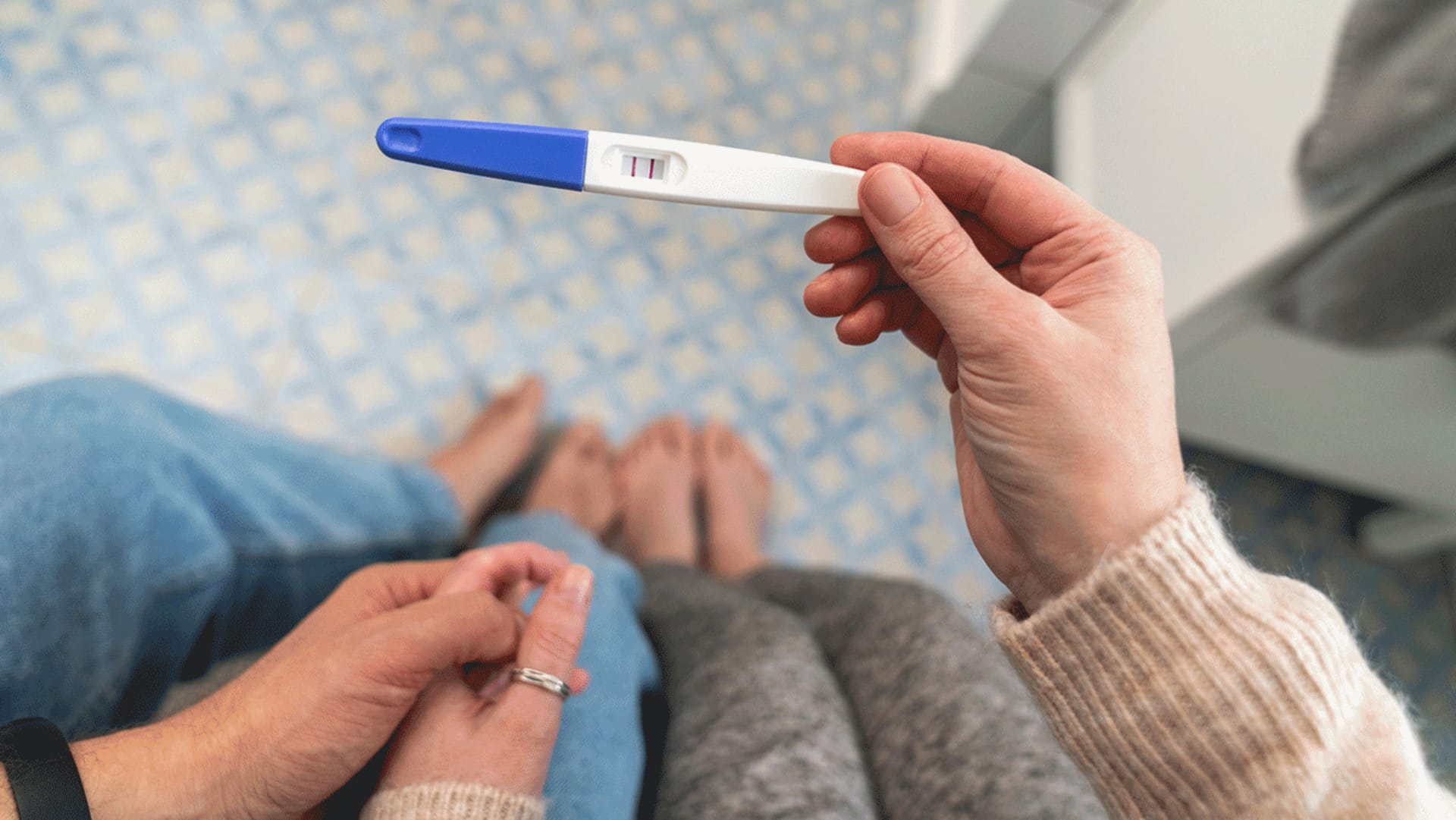
AI helps couple have baby after 18 years of infertility
What's the story
A couple's long-standing struggle with infertility has finally come to an end, thanks to the innovative use of artificial intelligence (AI) in fertility care. The pair had been trying to conceive for 18 years and had undergone several unsuccessful in vitro fertilization (IVF) cycles around the world. Their attempts were largely unsuccessful due to a rare condition called azoospermia, which results in an extremely low sperm count in semen.
Technological breakthrough
AI detects hidden sperm, leading to successful IVF
The couple sought help from Columbia University's Fertility Center, where they tried a new approach called the Sperm Tracking and Recovery (STAR) method. This innovative technique uses AI to detect and recover hidden sperm in men with azoospermia. The husband's semen sample was analyzed by the fertility center's researchers using an AI system, which successfully identified three hidden sperm. These were then used to fertilize the wife's eggs via IVF, resulting in a successful pregnancy.
Methodology details
How does the system work
The STAR system connects to a microscope with high-speed cameras and advanced imaging systems. It scans the semen sample on a specially designed chip under the microscope, taking over eight million images in less than an hour to find what it has been trained to identify as a sperm cell. Once identified, this sperm cell is isolated into a tiny droplet of media for embryologists to recover cells that may have been missed otherwise.
Treatment revolution
More about the STAR method
Dr. Zev Williams, director of the Columbia University Fertility Center, and his team spent five years developing the STAR method. They were amazed by its results when it found 44 sperm (in just one hour) in a sample that highly skilled technicians had failed to find after two days of searching. This groundbreaking system could revolutionize treatment options for azoospermia, which have traditionally included painful surgery or hormone medications with limited effectiveness.
Cost implications
Cost and availability
The STAR method is currently available only at Columbia University Fertility Center, but Dr. Williams hopes to share their work with other fertility centers. The process of using the STAR system to find, isolate, and freeze sperm for a patient would cost just under $3,000 in total. This innovative approach could provide a new option for couples struggling with infertility due to male factors such as azoospermia.
AI applications
Other ways AI is being used in fertility medicine
The STAR system isn't the only way AI is being used in fertility medicine. Other algorithms have been developed to assess early-stage embryos and predict which ones are likely to be healthy. Another tool, CHLOE, can evaluate a woman's egg quality before she freezes them for future use. These advancements highlight the potential of AI technology in improving reproductive health outcomes.